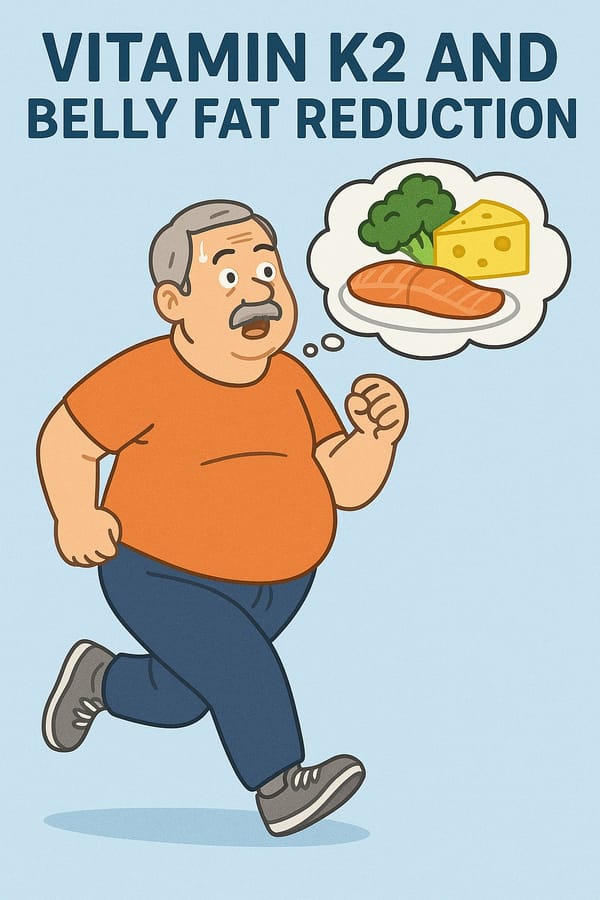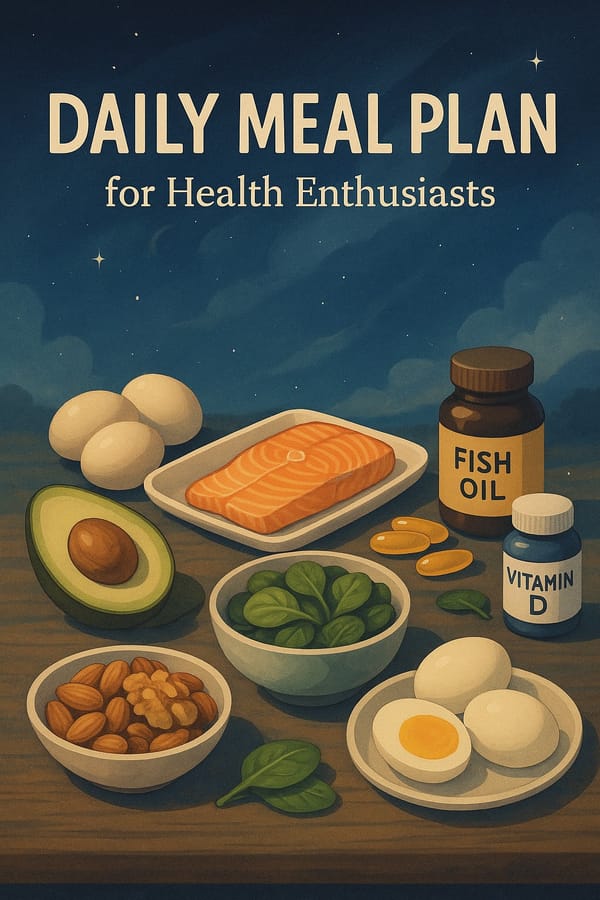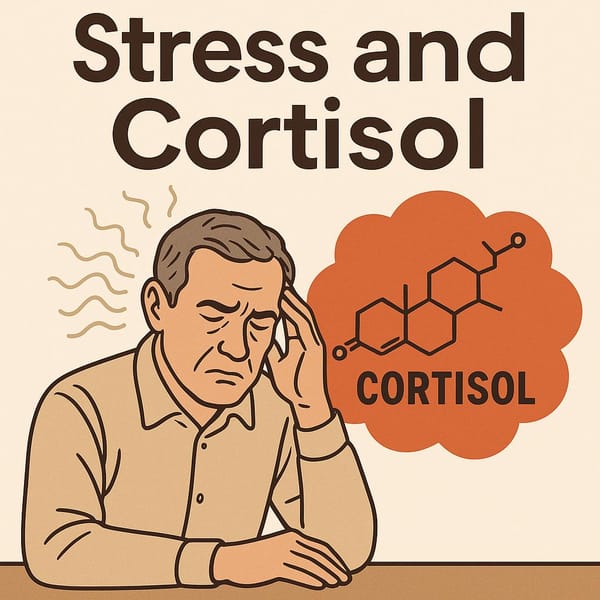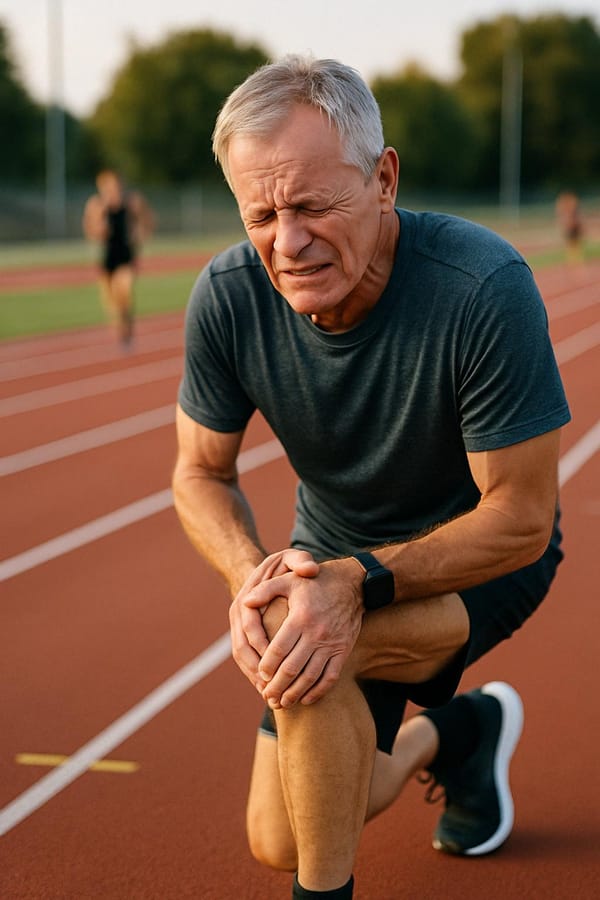“Old Person Smell”: Why Do Older Adults Have a Distinct Body Odor and How to Handle It Properly
"Old person smell" is a topic of curiosity. This article delves into the causes, effects, and health maintenance strategies that help older adults stay confident and maintain a better quality of life.
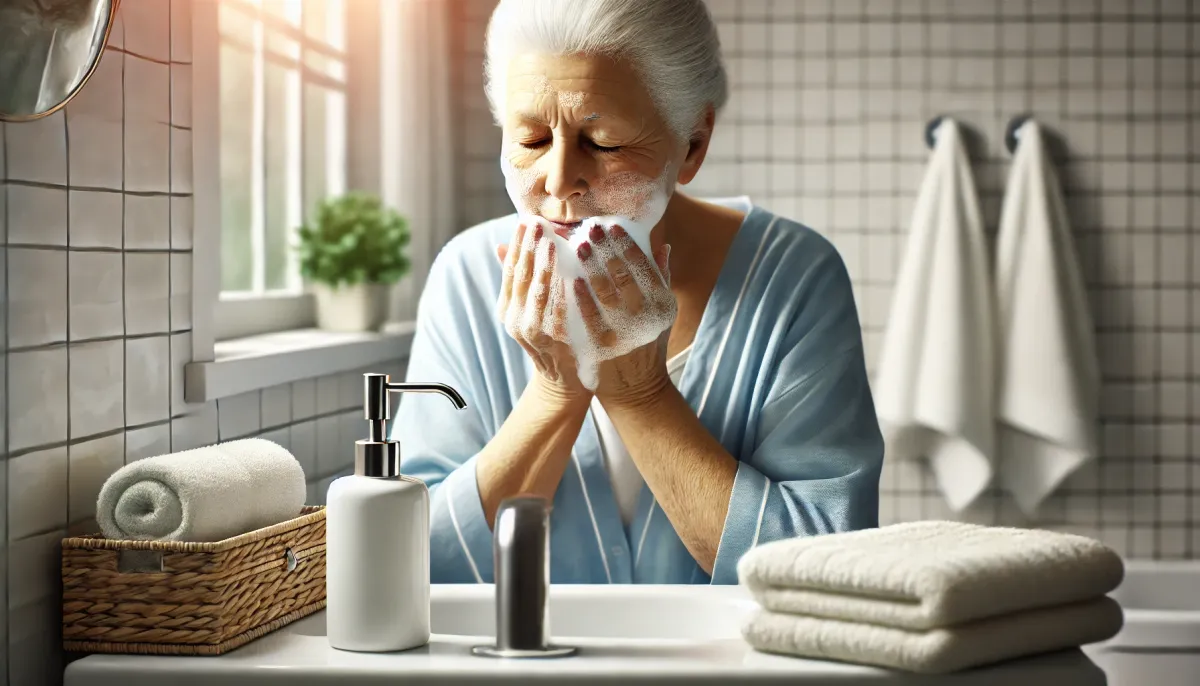
Introduction
Have you ever noticed a particular body odor when you’re near an older adult—something that distinguishes them from younger individuals? Many people wonder why this odor occurs, what factors are involved, and whether it can be prevented or minimized. From a biological standpoint, one substance often associated with the so-called “old person smell” is 2-Nonenal, an organic compound that tends to become more prevalent with age.
However, experiencing a distinct body odor as we age doesn’t always indicate an abnormal condition. Instead, it can result from the natural changes in our bodies—shifts in hormones, metabolic processes, or even lifestyle and environmental factors. By understanding the mechanisms and origins of these odors, we can better manage or mitigate them. In this article, we’ll explore the science behind “old person smell” and provide practical approaches to address it and maintain overall health.
Section 1: The Science Behind “Old Person Smell”
1.1 What Causes Body Odor?
Human body odor generally stems from three primary factors:
- Sweat glands: The body has two types of sweat glands—(1) Eccrine glands found throughout the body, responsible for regulating temperature, and (2) Apocrine glands located in areas like the armpits, navel region, and groin, which produce sweat containing more fat and protein. When this sweat is broken down by bacteria, it creates odor.
- Sebaceous glands: These glands produce sebum to maintain the skin’s moisture. However, excessive or degraded sebum can serve as a breeding ground for bacteria that cause odor.
- Skin bacteria: Certain bacteria on the skin can convert organic compounds or fats into short-chain fatty acids with distinct smells.
1.2 Why Does Aging Affect Body Odor?
As we age, many body systems undergo changes—like our metabolism, hormone production, and moisture balance in the skin. These changes can alter our body odor, especially as levels of 2-Nonenal increase. A study published in the Journal of Investigative Dermatology (2007) found that this compound is more prevalent in older adults due to the higher rate of oxidation of fatty acids in the skin.
1.3 2-Nonenal and “Old Person Smell”
2-Nonenal is an organic compound generated by the breakdown of unsaturated fatty acids on the skin. While it can be present at any age, its levels tend to rise as we get older. This compound emits a “stale” or “greasy” smell often referred to as “old person smell.” Higher levels of 2-Nonenal in older adults are linked to hormonal changes and decreased antioxidant capacity in the body.
Section 2: Factors Influencing the Intensity of Odor
2.1 Physical Factors
- Dry skin: Older adults often have drier skin due to a decline in sebaceous gland function and increased water loss. Dry skin can accumulate dead skin cells, leading to bacterial buildup and more pronounced odor.
- Slower metabolism: With a reduced metabolic rate, waste products may remain in the body longer, potentially being excreted through sweat or urine, resulting in a stronger odor.
- Chronic diseases: Conditions like diabetes, liver disorders, or kidney problems can impair the body’s waste elimination, causing accumulation of certain chemicals that intensify odor.
2.2 Behavioral and Environmental Factors
- Diet: Consuming pungent foods—such as garlic, onions, or heavily spiced dishes—and large amounts of red meat can exacerbate body and breath odor.
- Insufficient water intake: Water helps flush out waste from the body. Inadequate hydration can cause waste to remain longer and contribute to odor.
- Inadequate hygiene: If older adults struggle with daily bathing or cleaning their skin—due to mobility or physical limitations—bacterial buildup can lead to stronger odor.
- Medications: Various medications, including certain antibiotics, blood pressure drugs, or other treatments, can have side effects that change body or breath odor.
2.3 Psychological and Social Factors
- Stress: Chronic stress may trigger the release of hormones and increase oxidative reactions in the body, leading to stronger-smelling compounds.
- Lack of family support: Older adults living alone or without caretakers may not receive assistance with personal hygiene or finding suitable products, potentially worsening body odor.
Section 3: How to Reduce and Prevent “Old Person Smell”
3.1 Basic Personal Hygiene
- Regular bathing: Take a bath or shower every day using mild soap and lukewarm water to remove bacteria and excess oils.
- Thorough drying: After bathing, make sure to dry the body completely, focusing on areas prone to moisture buildup, such as underarms, groin, and between the toes.
- Use specialized products: Look for soaps or body washes that contain antioxidants like Vitamin E or Coenzyme Q10 to help reduce the formation of 2-Nonenal.
- Frequent clothing changes: Wear breathable fabrics like cotton or linen and wash them regularly to minimize sweat and bacterial growth.
3.2 Nutrition and Proper Hydration
- Drink adequate water: Older adults should aim for 6-8 glasses of water per day or as recommended by a healthcare professional, which helps dilute odor-causing substances.
- Consume fruits and vegetables: These are rich in vitamins, minerals, and antioxidants that combat oxidative stress in the body.
- Limit strong-smelling foods: Reducing intake of garlic, onions, or spicy dishes may help lower the accumulation of odor-causing compounds in the body.
- Consider probiotics: Foods like yogurt with live cultures can help balance gut bacteria, potentially reducing body odor indirectly.
3.3 Skincare
- Moisturize regularly: Use creams or lotions formulated for mature skin to maintain hydration and reduce dryness or flakiness.
- Gentle exfoliation: Exfoliate lightly 1-2 times a week to remove dead skin cells and decrease bacterial buildup.
- Avoid harsh chemicals: Choose products without alcohol or irritants that could exacerbate skin problems.
3.4 Exercise and Metabolic Health
- Regular light exercise: Activities like walking, yoga, swimming, or gentle stretching improve blood circulation and metabolism.
- Outdoor activities: Sun exposure in the early morning or late afternoon helps the body synthesize Vitamin D and supports bone health.
- Adequate rest: Aim for 7-8 hours of sleep per night to restore the body and regulate hormone levels.
3.5 Managing Chronic Conditions
- Annual check-ups: Monitor chronic illnesses such as diabetes, high blood pressure, kidney, or liver disorders, and adjust treatment as needed.
- Consult a doctor for unusual odors: Seek medical advice if body odor becomes extremely strong or changes rapidly.
- Review medications: If certain medications contribute to odor or bad breath, discuss alternatives or dosage adjustments with your healthcare provider.
3.6 Psychological and Social Well-being
- Social engagement: Spending time with peers or participating in community groups can reduce feelings of isolation and stress, which may influence body odor.
- Family support: Caregivers and family members should help with personal hygiene tasks and ensure the availability of appropriate hygiene products.
- Reduce anxiety: Older adults may become overly worried about their odor, causing more stress and potentially intensifying the problem. Providing accurate information and compassionate reassurance can help.
Section 4: Caregiver Tips
- Observe any changes: Watch for sudden or severe shifts in odor or skin condition; consult a healthcare professional if they occur.
- Maintain a suitable environment: Ensure good ventilation, natural light, and reduced humidity to discourage bacterial growth.
- Choose the right cleaning products: Opt for mild, fragrance-free products to avoid irritation or allergic reactions.
- Encourage physical activity: If feasible, motivate older adults to engage in light exercise to boost circulation and metabolism.
- Respect privacy: Body odor is a sensitive topic. Address concerns with tact and compassion, offering help when needed.
Section 5: Frequently Asked Questions (FAQs)
- Does “old person smell” indicate a serious illness?
Not necessarily. In most cases, it’s tied to natural changes in the body. However, if the odor becomes extremely strong or changes suddenly, it’s wise to seek a medical evaluation. - Is there a way to completely eliminate “old person smell”?
While it may not be fully eliminated, it can be significantly reduced through proper hygiene, nutrition, and overall health maintenance. - Can perfumes mask the odor?
Mild fragrances or deodorants can help, but be mindful of potential allergic reactions or skin irritation. - Why do some people notice the smell more than others?
Sense of smell varies by individual, and factors like environment, humidity, and personal sensitivity can play a role. - Are there supplements that specifically reduce “old person smell”?
No direct scientific consensus exists, but consuming a balanced diet with antioxidant-rich foods may help diminish some odor-causing factors.
Section 6: External Links
- World Health Organization (WHO) — Global resources on senior health and well-being.
- Journal of Investigative Dermatology — Academic research on 2-Nonenal and aging skin.
Conclusion
“Old person smell” is a biological phenomenon resulting from age-related changes in various bodily systems. While it may be challenging to eliminate it entirely, proper hygiene, balanced nutrition, and effective management of chronic conditions, along with stress reduction, can greatly lessen any strong or unpleasant odors.
Managing these changes not only improves personal comfort and confidence but also fosters a welcoming environment for day-to-day interactions. Ultimately, understanding and addressing the causes behind “old person smell” can lead to a happier, healthier lifestyle for older adults.
We hope this article has shed light on the nature of “old person smell” and offers practical tips you can adapt. If you have questions or personal experiences, feel free to share in the comments below!
